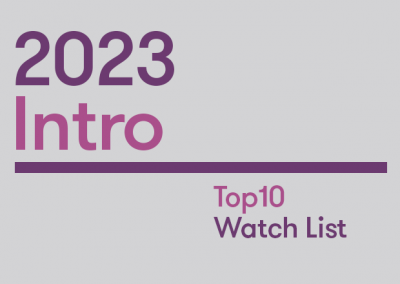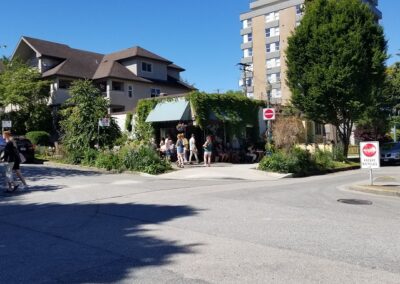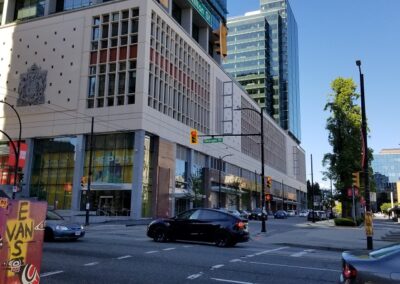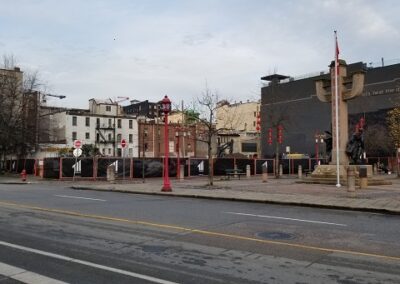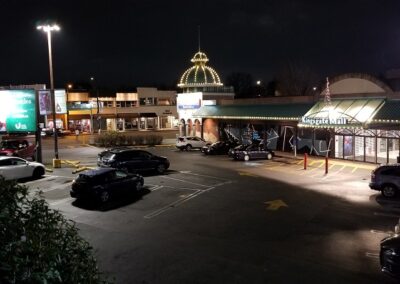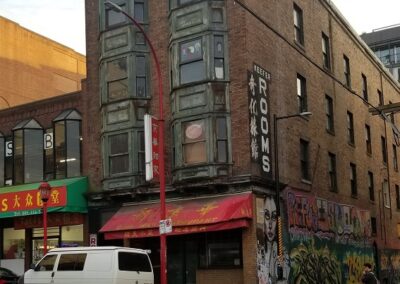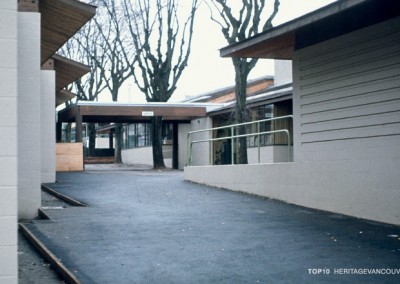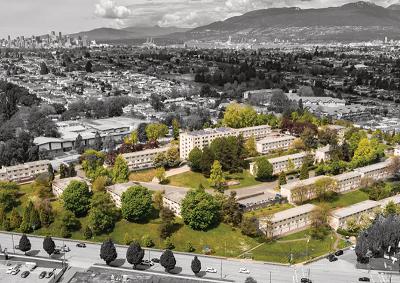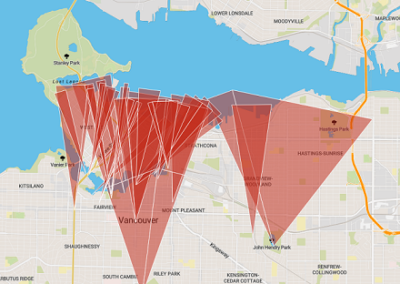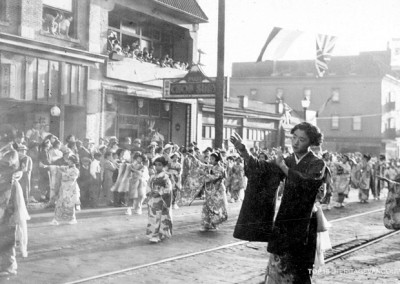Introductory note:
Nathan Edelson was a city planner whose human-centred approach to planning characterized his work across the city. As (among others) the founder of the Little Mountain Neighbourhood House, the senior planner for the Downtown Eastside for the City of Vancouver, an advocate for Chinatown, and a champion of False Creek South, he was driven by a vision for an empathetic city and for everyone to remain. He passed away in early September.
Some who follow the Top10 may be surprised as this is the first time we have put a person on. His impact in shaping the city, fighting for everyone to belong and reaching out to people who did not share his views to try and find and act on shared values is incredibly important in current times in Vancouver.
Radical Mediator
As of the time of this writing in late November 2023, there have been numerous tributes to Nathan after his sudden passing. Articles about the former DTES City Planner appeared in the Globe and Mail and CBC, and many left fond memories on social media. At his memorial service in early November, friends and family shared with those who attended and were watching online the different ways Nathan made an impression on their lives and even the lives of those who he had never met.
Heritage Vancouver had been working with Nathan on False Creek South. If you knew him, his deep love for the neighbourhood and the community there, and what he felt the neighbourhood could mean for a Vancouver in social crises was more than clear. Speaking in front of Council about the Broadway Plan, he stated that:
Vancouver needs more False Creek Souths –and I believe the essence of this can be carried out in the Corridor by careful community-based planning. To achieve this, I would suggest that Council encourage consultation that engages a diversity of residents and business people to work together with staff and outside experts in a way that respects differences of opinion, generates new ideas and puts forward innovative policies and zoning that meet anticipated needs.
Communities and community-based planning are called into question nowadays. There’s doubt that it is a good thing. Its critics raise examples where communities care only of their own selfish interests at the expense of a greater good. Nowadays, severe division in urban issues in Vancouver is typical, and in such an environment sowing division may even be more effective in reaching a desired outcome.
Nathan did the hard, slow, minimized-for-being-romantic, understated, and underappreciated work of reaching out to show kindness and friendliness to try and bridge differences. To people who knew him, he made this not seem like a cliché but one of his most inspiring and important qualities and abilities.
Two of his students Peer-Daniel Scheer and Tanya Fink explained at his service that this was due to how much he valued kindness, openheartedness, love for people, curiosity towards others and above all, a love for people; much humanity could be achieved over coffee. To long time DTES advocate and former City Councillor and MP Libby Davies, Nathan was a “radical mediator”, who “underneath [what he does] was a belief and a passion that he had to bring people together, he had to bring peace to people and he had to make people’s lives better.”
Interactions on housing and urban matters are often polarizing, divisive and mean-spirited. In our current world of crises, many think that we need to find better ways to talk to each other if we can even come close to finding any kind of way out. Nathan knew and did those better ways to talk to each other. There’s a saying that “The greatest use of a life is to spend it on something that will outlast it.” Nathan would teach us about warmth just by talking with him. And that is all the more important in our current environment of contempt.
We acknowledge the financial assistance of the Province of British Columbia

